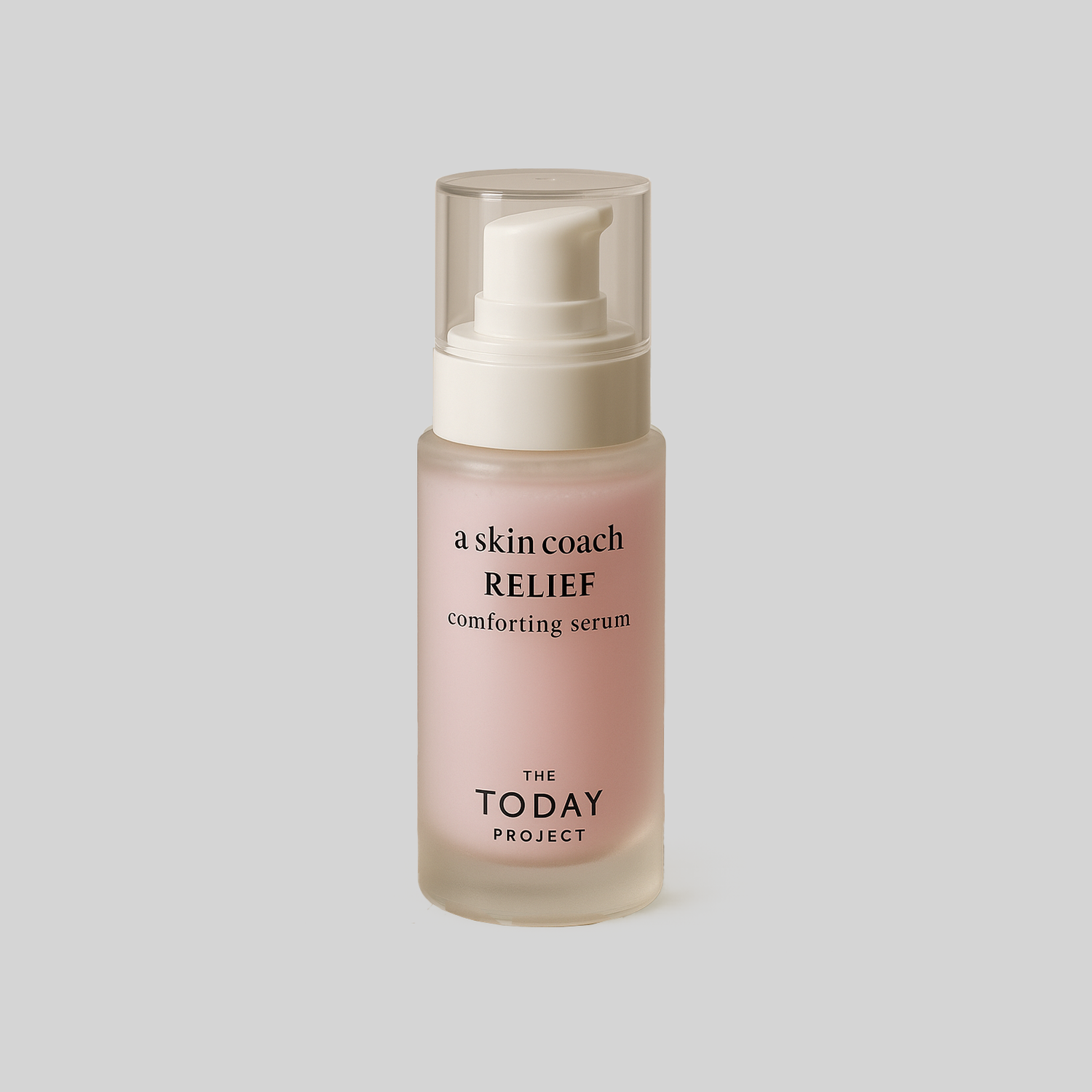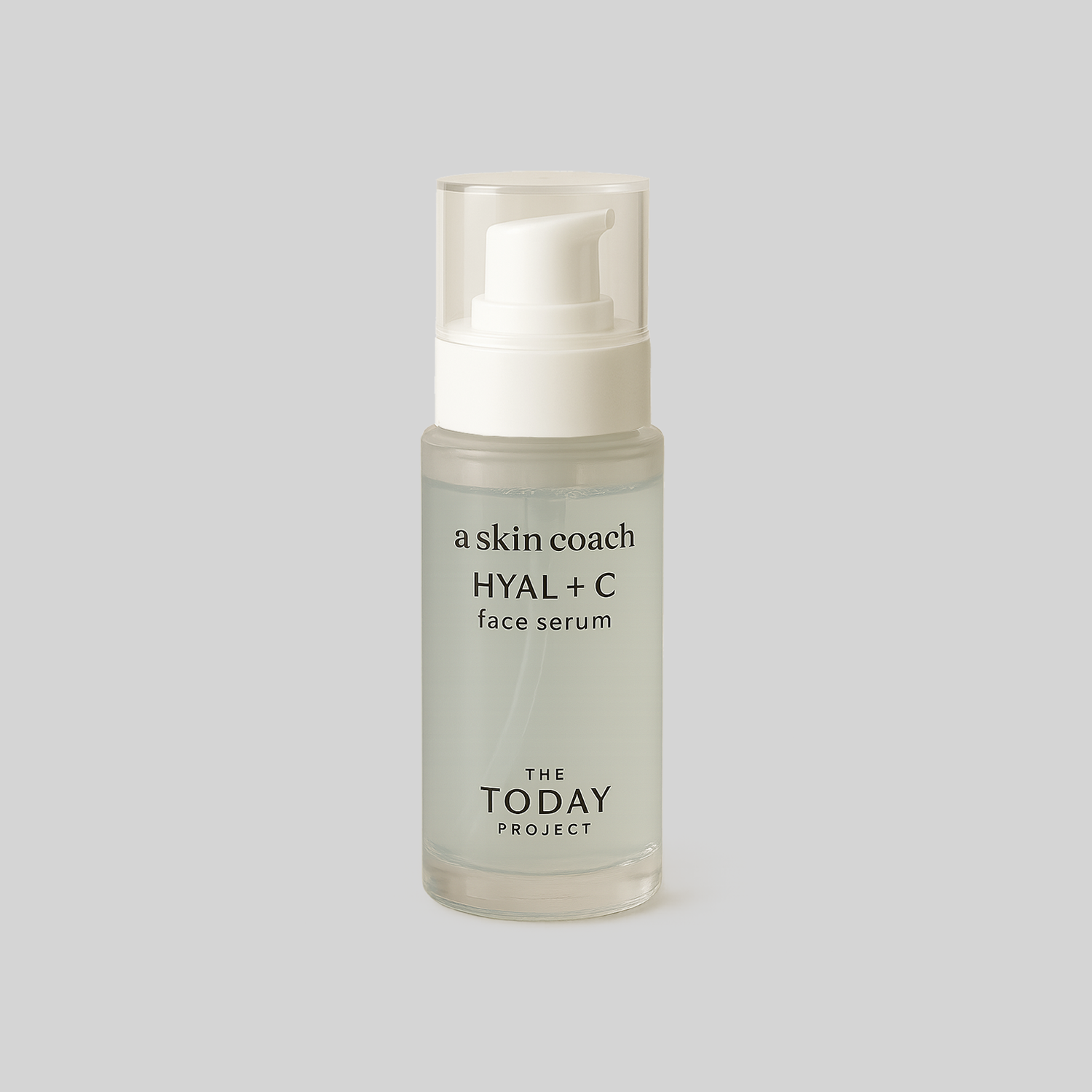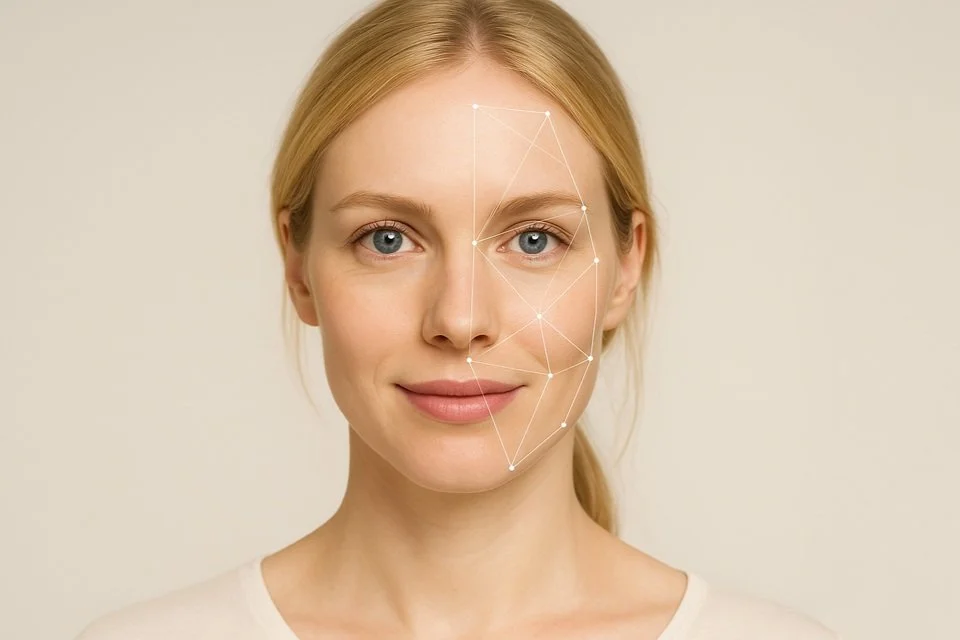Marine Exopolysaccharides, a Biotechnological shield for sensitive skin
In the world of conscious skincare, biotechnological ingredients are transforming how we care for our skin. One of the most promising is marine exopolysaccharide (EPS), an active that combines clinical efficacy with high skin tolerance. Its protective, soothing, and rejuvenating action makes it a true shield for sensitive, reactive, or urban-exposed skin.
What is a marine exopolysaccharide?
Exopolysaccharides (EPS) are natural molecules secreted by marine microorganisms living in extreme conditions, such as the icy waters of the Arctic or high-pressure ocean zones. These compounds help bacteria protect themselves from radiation, cold, and salinity.
Thanks to marine biotechnology, these EPS can now be isolated and purified for cosmetic use, offering unique properties for human skin:
Strengthen the skin barrier
Reduce sensitivity and reactions to environmental stress
Provide anti-ageing effects such as improved firmness and hydration
⬤ Technical source: Patent ES2390033A1 on cosmetic use of Pseudoalteromonas exopolysaccharide.
Skin benefits: protection, calm, and resilience
Clinical studies and patents show that marine EPS:
Reduce skin reactivity in less than 7 days (redness, itching, burning sensations)
Increase natural defences against pollution, UV radiation, and oxidative stress
Stimulate collagen synthesis, improving elasticity and tone
Offer long-lasting hydration without occluding or disrupting the microbiome
They are ideal ingredients for people with rosacea, chronic sensitivity, dry skin, or premature ageing.
FAQs about Marine Exopolysaccharides in Skincare
-
Marine exopolysaccharides (EPS) are natural molecules secreted by marine microorganisms living in extreme environments. In skincare, they are valued for their ability to protect, hydrate, and strengthen the skin barrier.
-
All skin types can benefit, but they are especially ideal for sensitive, reactive, dry, or environmentally stressed skin, thanks to their calming and protective properties.
-
Yes. Marine EPS are highly biocompatible and well tolerated, making them suitable for daily use, even on sensitive or compromised skin.
-
Yes. Marine EPS stimulate collagen synthesis, improve elasticity, and provide long-lasting hydration, making them effective in anti-ageing skincare routines.
-
While both hydrate, marine EPS offer additional benefits such as strengthening the skin’s natural defences and reducing sensitivity, whereas hyaluronic acid primarily focuses on moisture retention.
The Today Project’s approach: biological science, sensorial care
At The Today Project, we focus on functional ingredients with proven impact and respect for the skin. That is why we incorporate Marine Exopolysaccharide into formulas designed to calm, restore, and strengthen skin from within:
Hyal + Vit C Serum
A multi-layer hydration serum with hyaluronic acid and stabilised Vitamin C. The inclusion of marine EPS enhances daily protection against external aggressors.
Relief Comforting Serum
An intensive soothing serum with niacinamide, Centella Asiatica, and marine EPS. It repairs the skin barrier and visibly reduces sensitivity in compromised skin.
In summary
Marine exopolysaccharide is one of the most sophisticated advancements in biotechnology applied to skincare. Its ability to soothe, protect, and regenerate without sensitising the skin makes it an essential ally for slow beauty rituals and conscious care. A clean, respectful, and scientifically validated way to care for your skin and the environment.
Luxury without excess.
●
Beauty with purpose.
●
Luxury without excess. ● Beauty with purpose. ●
Your skin’s needs are as unique as you are. If you’re looking to build a conscious, effective ritual with actives that truly suit your skin type and concerns, our Skin Diagnosis is the perfect place to start. It’s a simple and mindful way to discover the ingredients and formulas that will bring balance, resilience, and radiance to your daily routine.




